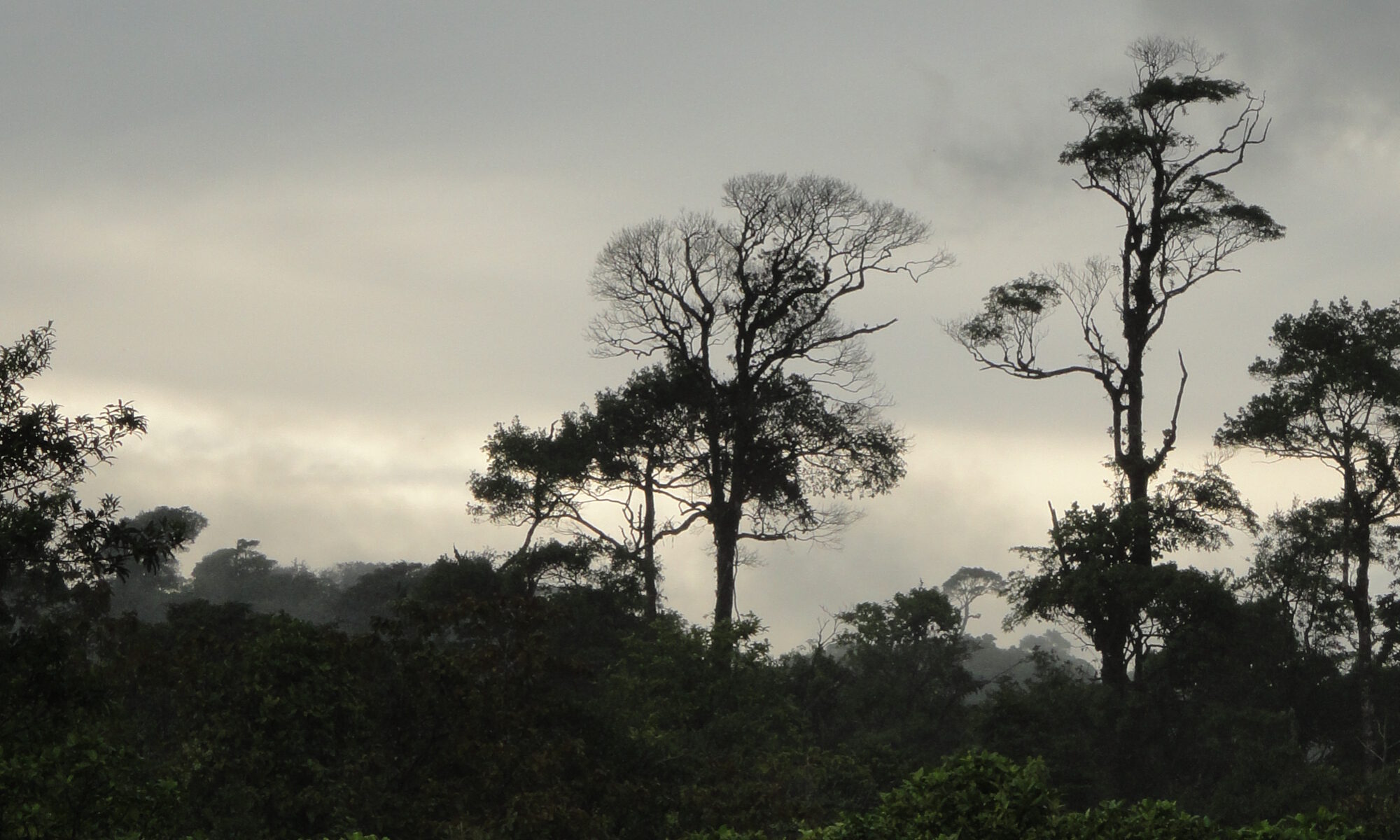Australia and Canada share a lot of good things in common. Both are large countries with a wealth of natural resources, and stunning natural landscapes. Both have government-funded medical care and education for their citizens, and some of the highest standards of living in the world.
Recently, meetings between the prime minister of Australia, Tony Abbott, and Stephen Harper highlighted that these two countries now also share a shameful track record on reducing carbon emissions. Tony Abbott is reported to be seeking an alliance of Commonwealth centre-right governments, including Australia and Canada, to counter U.S. initiatives on adopting carbon trading. This is not a quibble about how best to reduce carbon emissions, but a fundamental disagreement about the responsibility of nations to reduce global climate change. Under their current governments, Canada and Australia have consistently downplayed their responsibilities. In Canada’s case, this has included withdrawal from the Kyoto protocol, failure to cap emissions from the oil and gas industry and exempting pipelines from key environmental protection laws. In Australia’s case, it has included abandoning a national carbon pricing scheme and axing the Climate Commission – the organization responsible for communicating climate change science to the public.
Australia and Canada both justify their position as reflecting the importance of mining, oil and gas to their economies (Australia: 19% of GDP, Canada: 8%). These extractive industries are major carbon emitters, contributing close to half of Australia’s and about a third of Canada’s carbon emissions – and most of the recent increase in these emissions. In Canada, the 18% increase in greenhouse gas emissions since 1990 is largely driven by expansion of the oil and gas industry. In Australia, emissions by the energy section increased 44% since 1990.
By protecting the non-renewable resource sector, Australia and Canada are sacrificing other national interests. Farming, fishing and forestry also contribute strongly to GDP and employment in both countries. In Australia, agriculture contributes on average 12% of the GDP, but yields are highly dependent on the amount of rain. Rainfall in southern Australia is predicted to drop substantially as a result of climate change (rainfall in northern Australia has proven difficult to accurately predict). Rain is also important in supressing bush fires. No one in Australia needs reminding that bushfires end lives and destroy livelihoods. In early 2009, the combination of a heatwave and two months without rain resulted in a series of bushfires in the state of Victoria that burnt 450,000 ha of land, killed 173 people and 11,500 livestock and completely destroyed five towns, costing 4.4 billion Australian dollars in damage. With 2013 the hottest year on record in the country and May 2014 the hottest autumn on record, this cost is set to increase.
In Canada, forestry revenues are disrupted by outbreaks of pests. The recent mountain pine beetle epidemic in B.C. killed 16 million ha of trees and resulted in massive losses in forest revenue, and has been linked to a series of warm winters. Further climate warming is predicted to allow mountain pine beetle to breach the Rockies and attack pine forests in the rest of Canada. Fisheries are vulnerable to effects of climate change on marine food webs, such as the thinning of calcareous shells and shifts in species composition. For example, less nutritious amphipods from the Atlantic have now invaded warming Arctic waters, which will have far-reaching effects on fish production and marine wildlife. Canada is pegged by the Intergovernmental Panel on Climate Change to receive the brunt of climate change, and will set global records for temperature increases and intensification of snowstorms.
The effects of climate change on the lives and livelihoods of Australians and Canadians is predicted to be substantial by any measure, including economic, far outweighing the costs of implementing better emissions standards for the non-renewable resource sector. Protecting industries that contribute much more to climate change than to the nation’s economy is simply a false economy. Whereas influential nations like the United States and China have committed to carbon trading, Australia and Canada are peddling backwards. Canadians and Australians should remember that we share one more thing in common: the Earth’s atmosphere. Let’s stop filling it with ever more greenhouse gases.
Diane Srivastava is a professor at the Biodiversity Research Centre, University of British Columbia, and is on sabbatical at Monash University, Australia. Melodie McGeoch is an associate professor in the School of Biological Sciences at Monash University.
